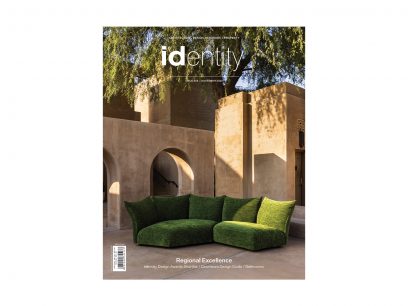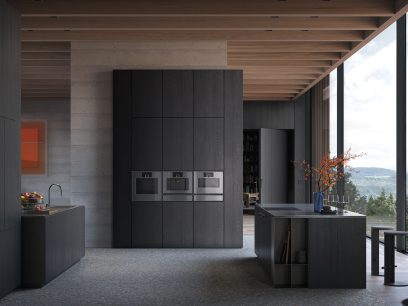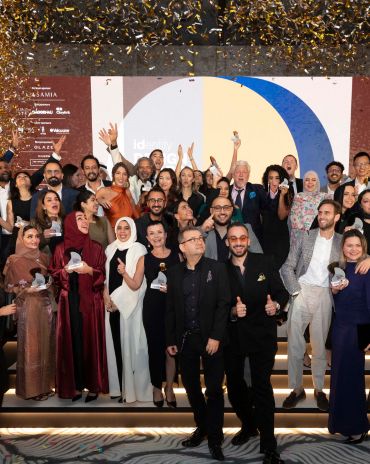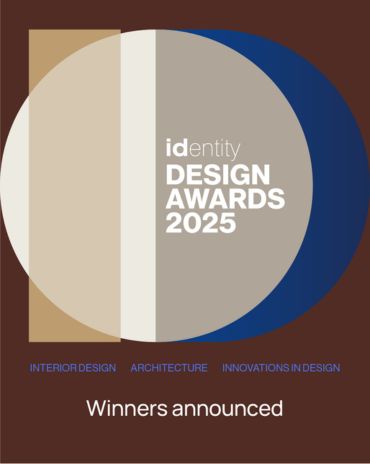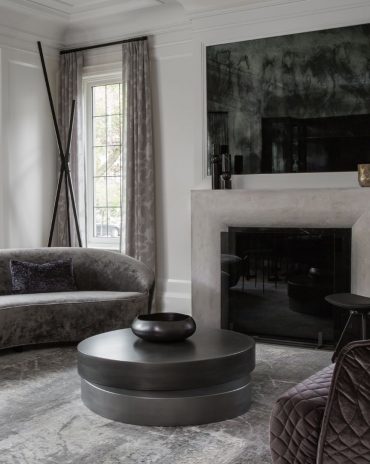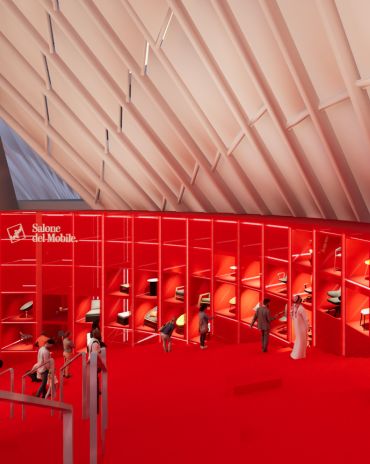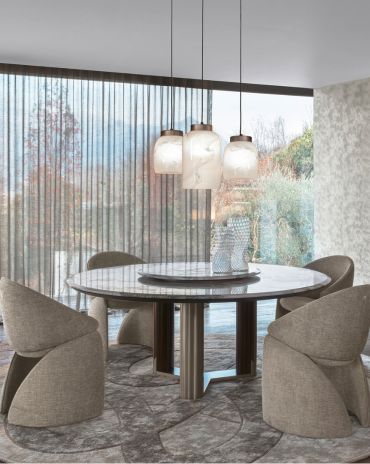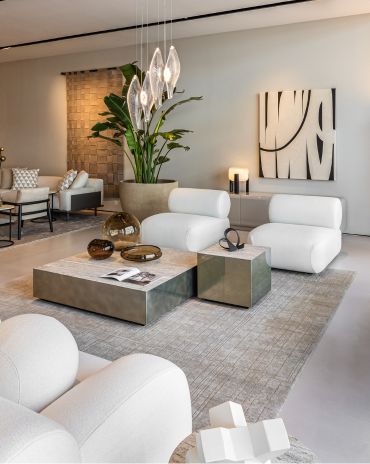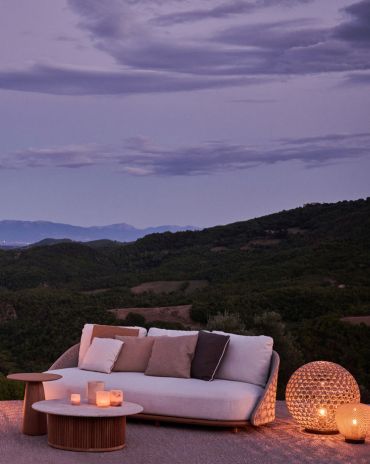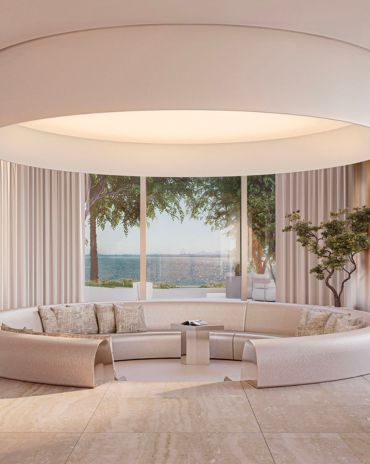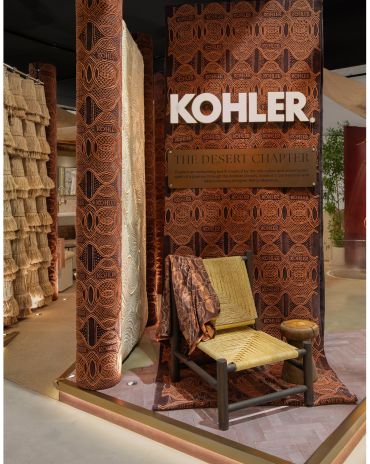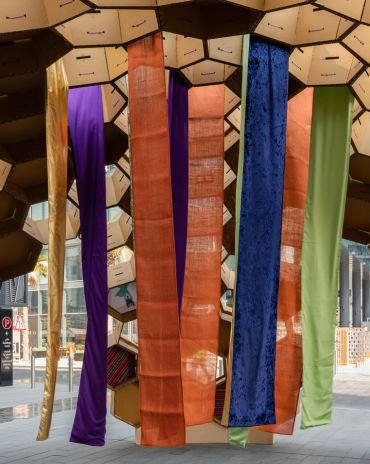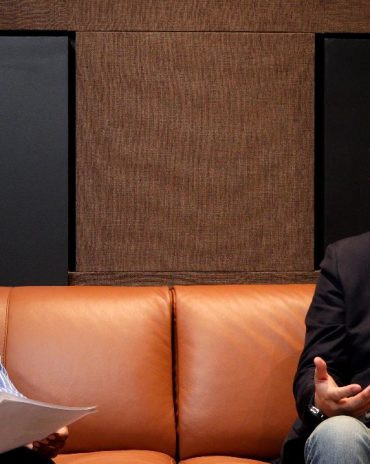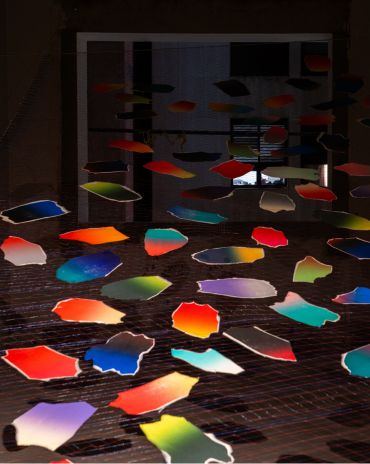Copyright © 2025 Motivate Media Group. All rights reserved.
60 years of the PH Artichoke lamp
We are chronicling the people, places and objects that will stand the test of time.
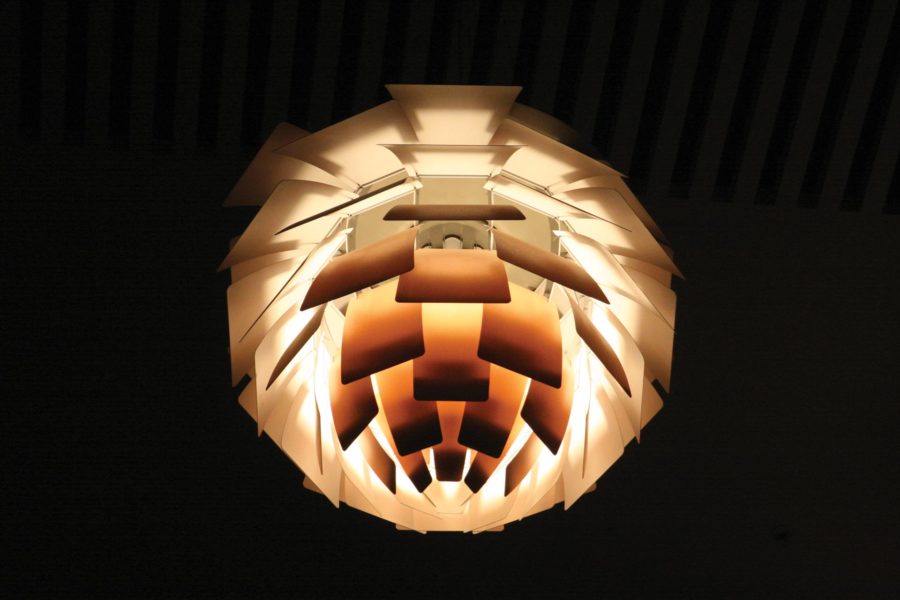
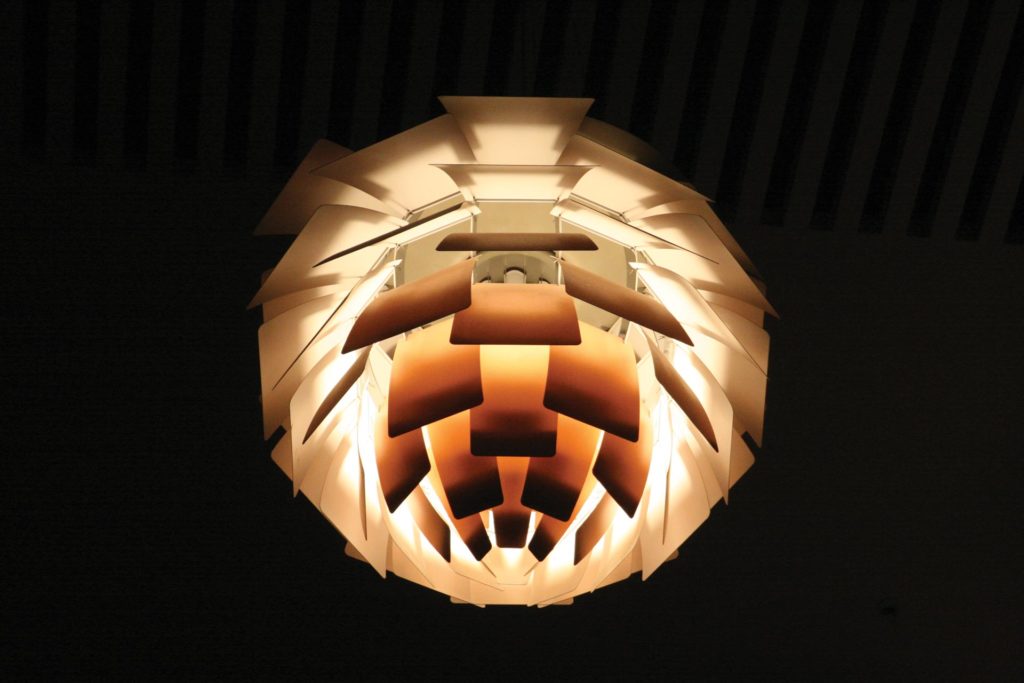 Over six decades ago, Poul Henningsen’s fascination and experience with light resulted in the one of the most beautiful, refined and enduring lighting objects of the 20th century.
Over six decades ago, Poul Henningsen’s fascination and experience with light resulted in the one of the most beautiful, refined and enduring lighting objects of the 20th century.
Born in Copenhagen in 1894, and the son of a famous Danish actress, Poul Henningsen studied at The Technical School at Frederiksberg, Denmark, and then at Technical College in Copenhagen.
He was educated, and initially practiced, as an architect, but achieved greater success – and fame – as writer, critic and lighting designer.
His PH-lamp of 1925 featured the careful, elegant approach that characterised all his designs – manipulating rays from its bulb so that illumination was both uniform and glare-free.
Henningsen is often referred to in Denmark simply as PH, and his initials form part of many of his creations, including that of perhaps his greatest: the PH Artichoke pendant.
This celebrated light fixture was created in 1958 for the Langelinie Pavillonen restaurant in Copenhagen, where it still hangs – testament to the lasting appeal of its iconic sculptural design.
Though widely known by its English name, PH Artichoke is referred to in many countries by the literal translation of its original Danish name: PH Kogle (conifer cone).
Available in three different sizes and finished in copper, wet painted white or brushed stainless steel, PH Artichoke features 72 laser-cut or stamped leaves, which are carefully positioned to form 12 unique rows of six leaves, and work with the chrome inner diffuser to ensure that the glare-free light is evenly reflected in a unique pattern.
Stainless steel aircraft cables are used to mount the light, which is unusually heavy – typically weighing between eight and 28 kilogrammes.
The PH Artichoke is, and has always been, manufactured by Louis Poulsen Lighting, with much of the production process carried out by hand.
Henningsen’s collaboration with Louis Poulsen began in 1925 and endured until he died. The company also played a role in his literary success – with its then-CEO, Sophus Kaastrup-Olsen, giving editorship of its own magazine to the designer as a gift, following his dismissal from a Danish newspaper due to his radical opinions.
Read more features here.
The Latest
In photos: Winners at the identity Design Awards 2025
Presenting the winners of 2025 identity Design Awards.
Identity Design Awards 2025 – Winner’s List
Here are the winners of the identity design awards 2025
Hogg’s Hollow
Set along the bend of a quiet river and sheltered within a mature, tree-lined enclave of Toronto, this riverside residence offers a dialogue between structure and softness, restraint and warmth
Salone del Mobile.Milano Paints Riyadh Red
The “Red in Progress” installation marks a powerful first step toward the city’s full-scale 2026 edition
An interview with Fabio Masolo on the Giorgio Collection
A conversation on passion, timeless design, and bringing Italian craftsmanship to the world
European Design, Instantly Within Reach
In a city where design dreams often come with long lead times, Caspaiou brings a refreshing difference – luxury, curated and available now
Shaping Tomorrow’s Interiors
Here’s what awaits at the OBEGI Home showcase at Dubai Design Week
Maison Margiela Residences
Conceived by Carlo Colombo, these bespoke residences will be located on the Palm Jumeirah
The Desert Chapter by Kohler and Marco Maximus
A fusion of design, culture, and the colours of nature
Downtown Design 2025 – The Highlights
A showcase of innovation, craftsmanship, and design excellence
In conversation with: Simon Wright of TGP International
identity interviews the Chairman and Founder of TGP International on the beginnings of the business and how the company shapes human experiences and memories in the hospitality industry.
We Design Beirut Edition Two: A Collective Revival
Uniting designers, artisans, and visionaries to reimagine Beirut’s future



